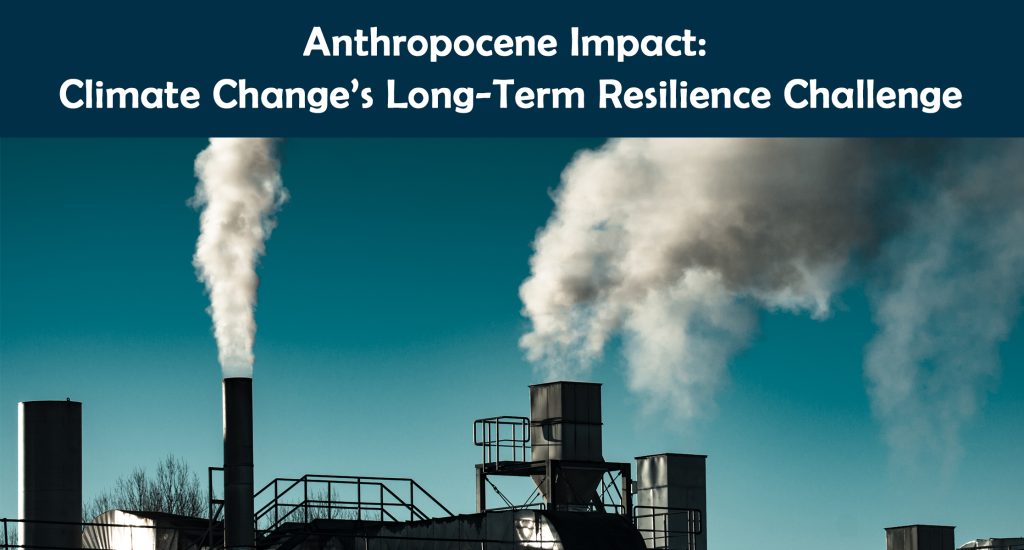
Renowned scientist Paul Crutzen introduced the term “Anthropocene” in 2000, signaling a geological epoch shaped by human industrialization. Decades later, the current COP28 summit addresses the Anthropocene’s consequences, with decisions impacting not just present generations but potentially lasting beyond human society as we know it. Global temperatures have surged, breaking records, driven by rising greenhouse gases and climate feedbacks. The Earth’s climate, disrupted for at least 50,000 years, demands urgent action. While achieving “net-zero” emissions is vital, the COP’s effectiveness remains uncertain, highlighting the need for negative emissions to restore an optimal climate for future generations.

